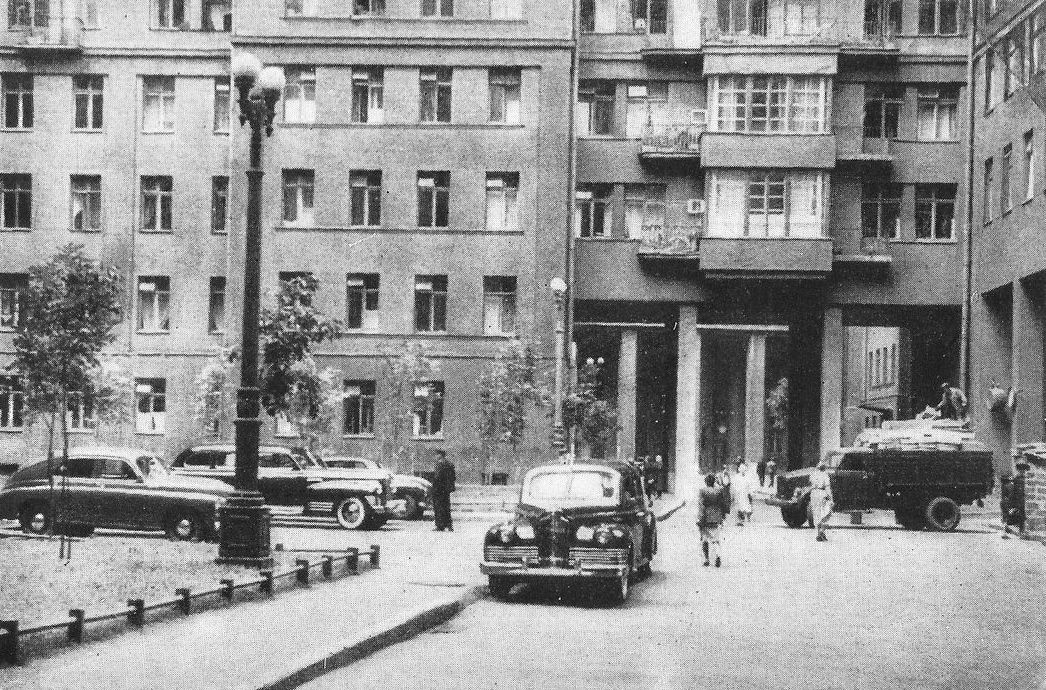Ryutin Vasily Martemjanovich-son of Martemjana Nikitovicha Rjutina M.N. Ryutin led a group of "Marxist Leninistss" and entered history as one of the few resisting Stalin as a communist who first calling Stalin as "the evil genius of the Russian Revolution". He was not 50 years old when he was accused of opportunism, arrested and executed at the personal disposition of Stalin (in 1937). His only surviving daughter for many years later fought for the father's name. Martemjana Nikitovicha's wife disappeared in 1947, in one of the Qaraghandy camps. Calvin's son was exiled to a camp in Central Asia and executed.
The eldest son, Vasily, was born in the village of Upper Rjutino in the hangar and then joined with the father and the family after the Civil War, Siberia, Dagestan, etc. In 1924, he was in Moscow. He studied for a blacksmith in factory, where he met his future wife, was his age at 14-15. They married very early, years of 18. Vasily graduated from the MAI, was very able, even lectured to junior course students, while still a student. The children were born in the family-Arnie and Tatiana. He was a very versatile man, a lot of reading, a lot of knowledge, playing in various musical instruments, doing sports.
After the institute worked at the Dirizhablestroitelnom factory in Dolgoprudny, he was the chief of the design team. When his father was planted, Basil was fired from the plant, expelled from the party, and he worked blacksmith for some time. In February 1938, when his daughter was one month old, he was arrested and shot and killed in September. In the "case" that was read by his daughter, he was accused of being a pest, a terrorist, a right Trotskyist and an Italian spy. The wife was informed that he had been given 10 years without a right of correspondence, which meant that he had been sentenced to death. However, it was then unknown, and the wife kept waiting for him.
The mother of wife Elena Fedorov Vladimir made every effort to do something, but all her connections were only enough to know the truth, that he was dead. Vasily rehabilitated in 1956, and his rehabilitation strove Elena Fedorov. There are several of her letters in the case of her brother-in-law. At that time, many people had renounced their parents, wives, husbands, etc., so it was necessary to have great courage and nobility, and even courage, to not be afraid to marry the husband of the daughter.
Ryutin Vasily Martemjanovich
1.01.1910 was born in the village of Shivers Irkutsk lips.;
Russian; Higher education; Member of Mac (b);
The engineer at the design bureau.
Resident: Moscow.
Sentenced: HC of the USSR on September 20, 1938.
The burial site is Moscow, buried in the Kommunarka.
Rehabilitated May 30, 1956. Plumbing 10.25.bbbb.rr.
Source: Archives Siec Memorial, Moscow

